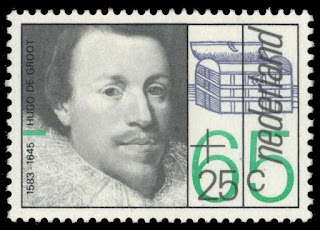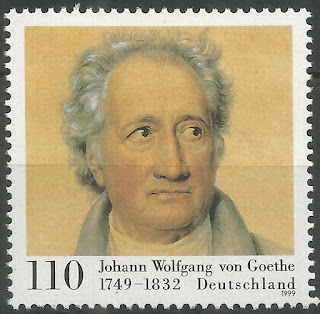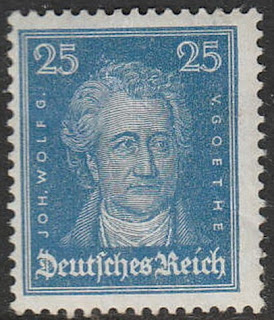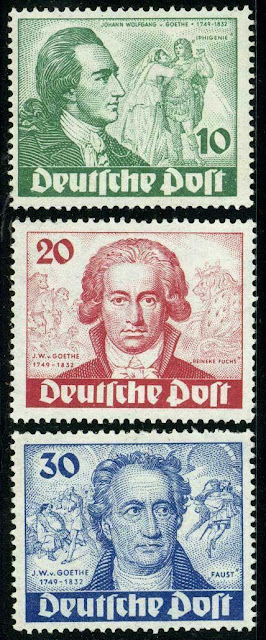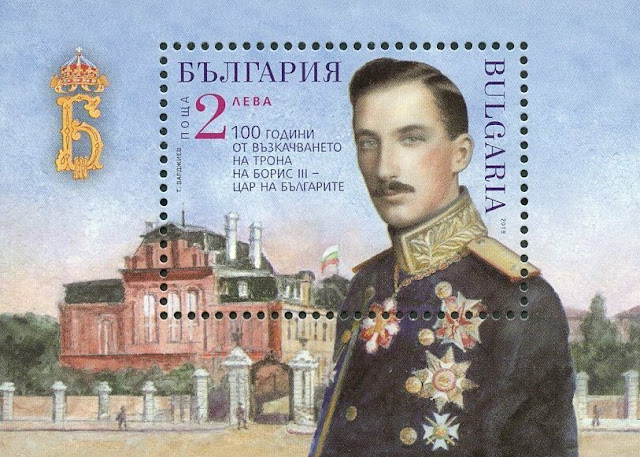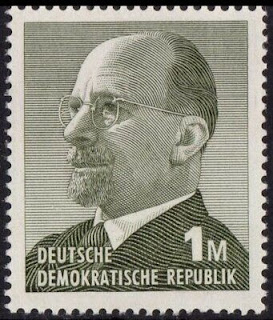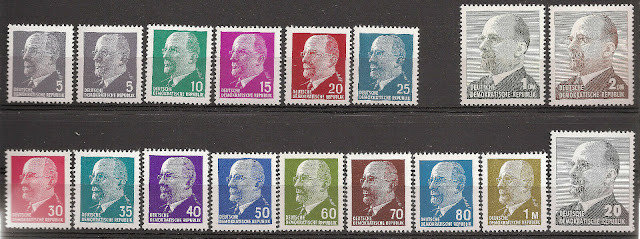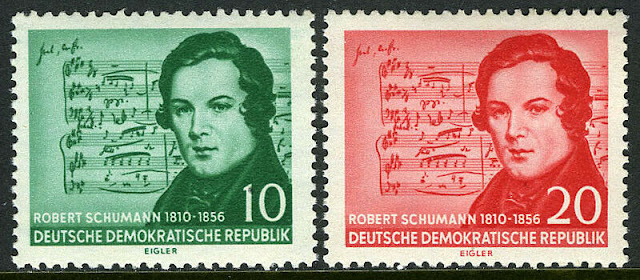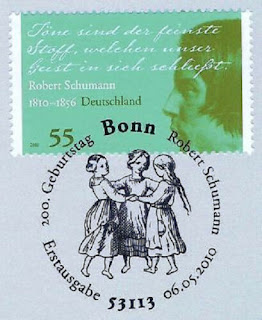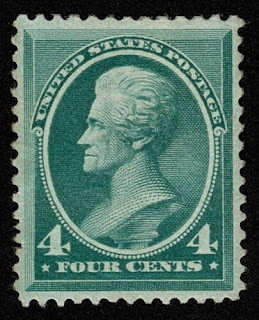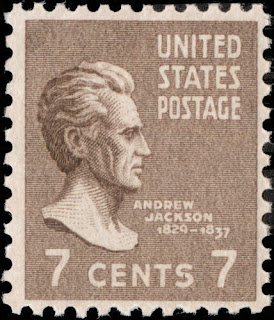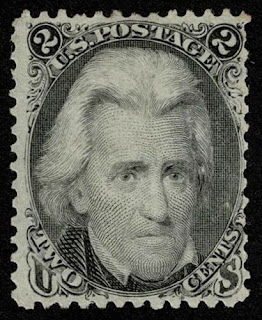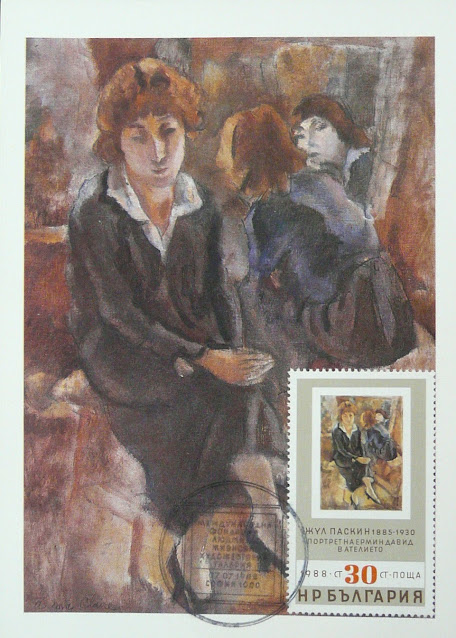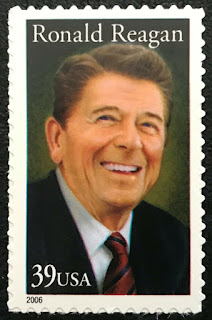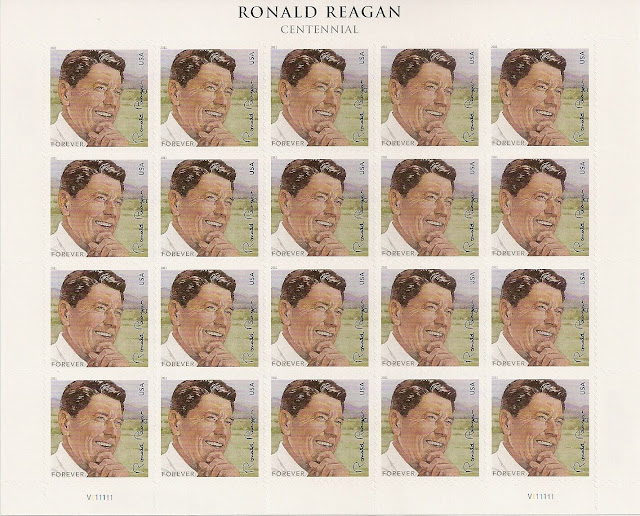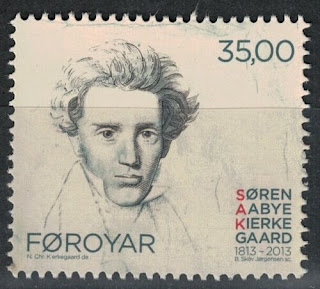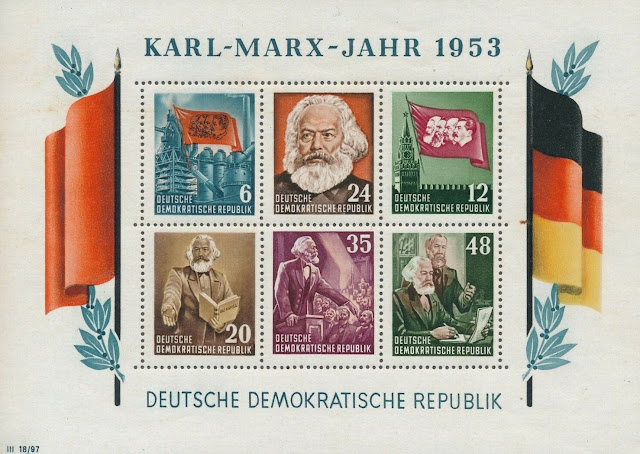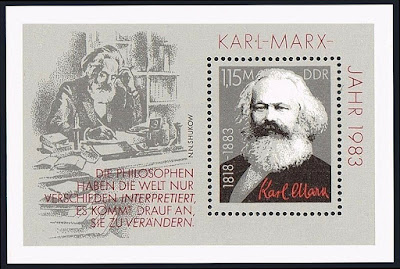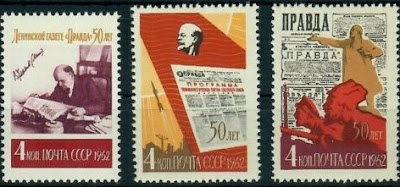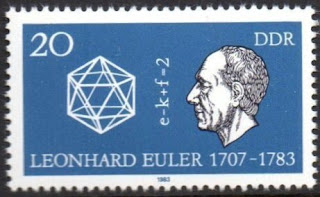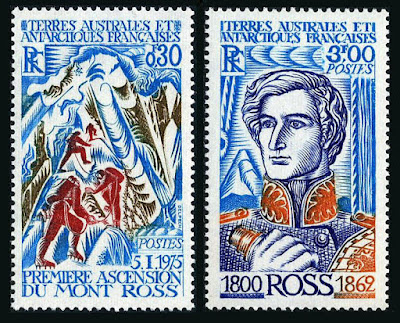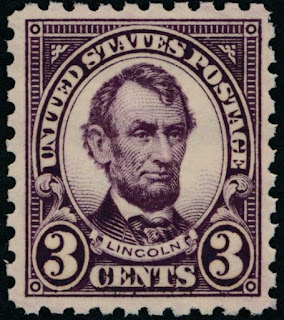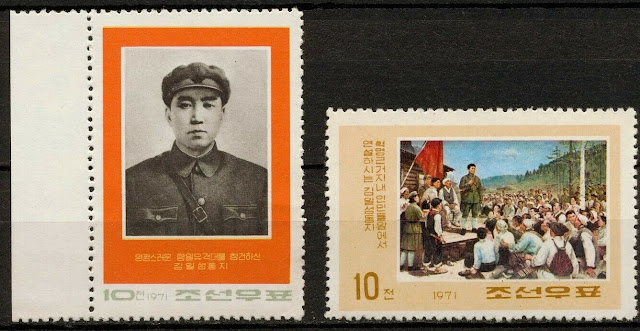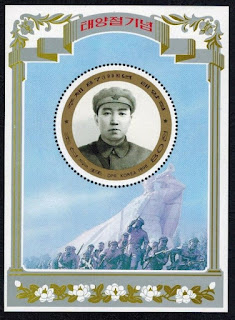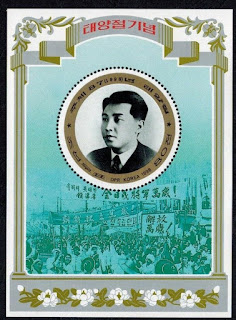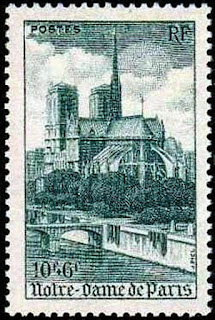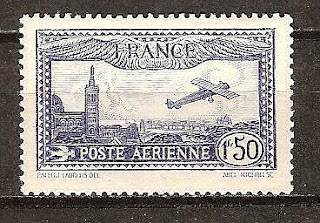Here are some events that happened on April 15th. It could be an event or a person that died or was born on that day
1452 Born: Leonardo da Vinci, Italian painter, sculptor, and architect (d. 1519)
Leonardo di ser Piero da Vinci (14/15 April 1452 – 2 May 1519), known as Leonardo da Vinci, was an Italian polymath of the Renaissance whose areas of interest included invention, drawing, painting, sculpture, architecture, science, music, mathematics, engineering, literature, anatomy, geology, astronomy, botany, paleontology, and cartography. He has been variously called the father of palaeontology, ichnology, and architecture, and is widely considered one of the greatest painters of all time (despite perhaps only 15 of his paintings having survived).
Born out of wedlock to a notary, Piero da Vinci, and a peasant woman, Caterina, in Vinci, in the region of Florence, Italy, Leonardo was educated in the studio of the renowned Italian painter Andrea del Verrocchio. Much of his earlier working life was spent in the service of Ludovico il Moro in Milan, and he later worked in Rome, Bologna and Venice. He spent his last three years in France, where he died in 1519.
Leonardo is renowned primarily as a painter. The Mona Lisa is the most famous of his works and the most popular portrait ever made. The Last Supper is the most reproduced religious painting of all time and his Vitruvian Man drawing is regarded as a cultural icon as well. Salvator Mundi was sold for a world record $450.3 million at a Christie's auction in New York, 15 November 2017, the highest price ever paid for a work of art. Leonardo's paintings and preparatory drawings—together with his notebooks, which contain sketches, scientific diagrams, and his thoughts on the nature of painting—compose a contribution to later generations of artists rivalled only by that of his contemporary Michelangelo.
Although he had no formal academic training, many historians and scholars regard Leonardo as the prime exemplar of the "Universal Genius" or "Renaissance Man", an individual of "unquenchable curiosity" and "feverishly inventive imagination." He is widely considered one of the most diversely talented individuals ever to have lived. According to art historian Helen Gardner, the scope and depth of his interests were without precedent in recorded history, and "his mind and personality seem to us superhuman, while the man himself mysterious and remote." Scholars interpret his view of the world as being based in logic, though the empirical methods he used were unorthodox for his time.
Leonardo is revered for his technological ingenuity. He conceptualized flying machines, a type of armoured fighting vehicle, concentrated solar power, an adding machine, and the double hull. Relatively few of his designs were constructed or even feasible during his lifetime, as the modern scientific approaches to metallurgy and engineering were only in their infancy during the Renaissance. Some of his smaller inventions, however, entered the world of manufacturing unheralded, such as an automated bobbin winder and a machine for testing the tensile strength of wire. He is also sometimes credited with the inventions of the parachute, helicopter, and tank. He made substantial discoveries in anatomy, civil engineering, geology, optics, and hydrodynamics, but he did not publish his findings and they had little to no direct influence on subsequent science.
Stamps from various countries depicting Leonardo da Vinci or his works
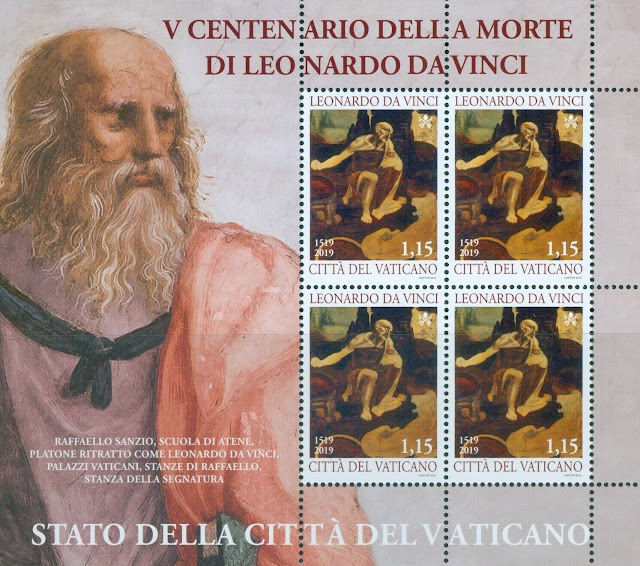
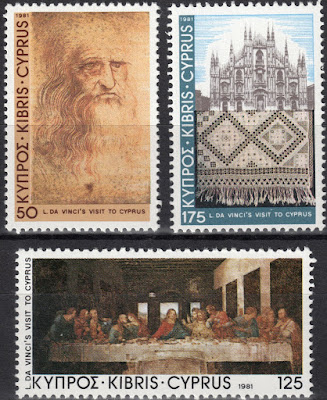




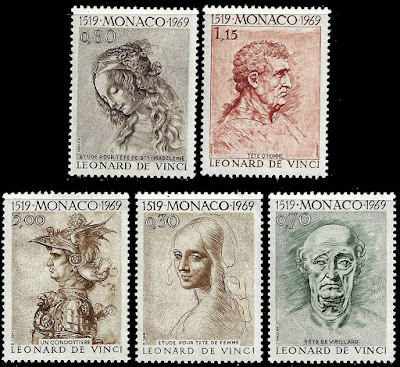
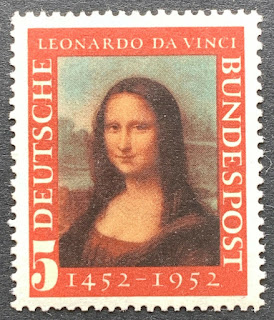
1707 Born: Leonhard Euler, Swiss mathematician and physicist (d. 1783)
Leonhard Euler (15 April 1707 – 18 September 1783) was a Swiss mathematician, physicist, astronomer, geographer, logician and engineer who made important and influential discoveries in many branches of mathematics, such as infinitesimal calculus and graph theory, while also making pioneering contributions to several branches such as topology and analytic number theory. He also introduced much of the modern mathematical terminology and notation, particularly for mathematical analysis, such as the notion of a mathematical function. He is also known for his work in mechanics, fluid dynamics, optics, astronomy and music theory.
Euler was one of the most eminent mathematicians of the 18th century and is held to be one of the greatest in history. He is also widely considered to be the most prolific, as his collected works fill 92 volumes, more than anyone else in the field. He spent most of his adult life in Saint Petersburg, Russia, and in Berlin, then the capital of Prussia.
Stamps from East Germany and Switzerland depicting Leonhard Euler
1800 Born: James Clark Ross, English captain and explorer (d. 1862)
Sir James Clark Ross (15 April 1800 – 3 April 1862) was a British Royal Navy officer and polar explorer known for his explorations of the Arctic, participating in two expeditions led by his uncle Sir John Ross, and four led by Sir William Parry, and, in particular, for his own Antarctic expedition from 1839 to 1843.
Ross was born in London, the nephew of Sir John Ross, under whom he entered the Royal Navy in 1812, accompanying him on Sir John's first Arctic voyage in search of a Northwest Passage in 1818. Between 1819 and 1827, Ross took part in four Arctic expeditions under Sir William Parry, and in 1829 to 1833, again served under his uncle on Sir John's second Arctic voyage. It was during this trip that a small party led by James Ross (including Thomas Abernethy) located the position of the North Magnetic Pole on 1 June 1831, on the Boothia Peninsula in the far north of Canada. It was on this trip, too, that Ross charted the Beaufort Islands, later renamed Clarence Islands by his uncle.
Stamps from Great Britain and French Southern & Antarctic Territories depicting James Clark Ross
1865 – President Abraham Lincoln dies after being shot the previous evening by actor John Wilkes Booth. Vice President Andrew Johnson becomes President upon Lincoln's death.
Abraham Lincoln (February 12, 1809 – April 15, 1865) was an American statesman and lawyer who served as the 16th president of the United States from March 1861 until his assassination in April 1865. Lincoln led the nation through the American Civil War, its bloodiest war and its greatest moral, constitutional, and political crisis. He preserved the Union, abolished slavery, strengthened the federal government, and modernized the U.S. economy.
Born in Kentucky, Lincoln grew up on the frontier in a poor family. Self-educated, he became a lawyer, Whig Party leader, Illinois state legislator and Congressman. In 1849, he left government to resume his law practice, but angered by the success of Democrats in opening the prairie lands to slavery, reentered politics in 1854. He became a leader in the new Republican Party and gained national attention in 1858 for debating national Democratic leader Stephen A. Douglas in the 1858 Illinois Senate campaign. He then ran for President in 1860, sweeping the North and winning. Southern pro-slavery elements took his win as proof that the North was rejecting the constitutional rights of Southern states to practice slavery. They began the process of seceding from the union. To secure its independence, the new Confederate States of America fired on Fort Sumter, one of the few U.S. forts in the South. Lincoln called up volunteers and militia to suppress the rebellion and restore the Union.
As the leader of the moderate faction of the Republican Party, Lincoln confronted Radical Republicans, who demanded harsher treatment of the South; War Democrats, who rallied a large faction of former opponents into his camp; anti-war Democrats (called Copperheads), who despised him; and irreconcilable secessionists, who plotted his assassination. Lincoln fought the factions by pitting them against each other, by carefully distributing political patronage, and by appealing to the American people. His Gettysburg Address became an iconic call for nationalism, republicanism, equal rights, liberty, and democracy. He suspended habeas corpus, and he averted British intervention by defusing the Trent Affair. Lincoln closely supervised the war effort, including the selection of generals and the naval blockade that shut down the South's trade. As the war progressed, he maneuvered to end slavery, issuing the Emancipation Proclamation of 1863; ordering the Army to protect escaped slaves, encouraging border states to outlaw slavery, and pushing through Congress the Thirteenth Amendment to the United States Constitution, which outlawed slavery across the country.
Lincoln managed his own re-election campaign. He sought to reconcile his damaged nation by avoiding retribution against the secessionists. A few days after the Battle of Appomattox Court House, he was shot by John Wilkes Booth, an actor and Confederate sympathizer, on April 14, 1865, and died the following day. Abraham Lincoln is remembered as the United States' martyr hero. He is consistently ranked both by scholars and the public as among the greatest U.S. presidents.
US stamps and a First Day Cover depicting Abraham Lincoln
1912 Born: Kim Il-sung, North Korean general and politician, 1st Supreme Leader of North Korea (d. 1994)
Kim Il-sung (15 April 1912 – 8 July 1994) was the first leader of North Korea, which he ruled from the country's establishment in 1948 until his death in 1994. He held the posts of Premier from 1948 to 1972 and President from 1972 to 1994. He was also the leader of the Workers' Party of Korea (WPK) from 1949 to 1994 (titled as Chairman from 1949 to 1966 and as General Secretary after 1966). Coming to power after the end of Japanese rule in 1945, he authorized the invasion of South Korea in 1950, triggering an intervention in defense of South Korea by the United Nations led by the United States. Following the military stalemate in the Korean War, a ceasefire was signed on 27 July 1953. He was the third longest-serving non-royal head of state/government in the 20th century, in office for more than 45 years.
Under his leadership, North Korea was established as a communist state with a publicly owned and planned economy. It had close political and economic relations with the Soviet Union. By the 1960s, North Korea briefly enjoyed a standard of living higher than the South, which was fraught with political instability and economic crises. The situation reversed in the 1970s, as a newly stable South Korea became an economic powerhouse fueled by Japanese and American investment, military aid, and internal economic development, while North Korea stagnated and then declined in the 1980s. Differences emerged between North Korea and the Soviet Union, chief among them being Kim Il-sung's philosophy of Juche, which focused on Korean nationalism, self-reliance, and socialism. Despite this, the country received funds, subsidies and aid from the USSR (and the Eastern Bloc) until the dissolution of the USSR in 1991. The resulting loss of economic aid adversely affected the North's economy, causing widespread famine in 1994. During this period, North Korea also remained critical of the United States defense force's presence in the region, which it considered imperialism, having seized the American ship USS Pueblo in 1968, which was part of an infiltration and subversion campaign to reunify the peninsula under North Korea's rule. He outlived Joseph Stalin by four decades and Mao Zedong by almost two and remained in power during the terms of office of six South Korean Presidents, ten US Presidents, and the rule of British monarchs George VI and later his daughter Elizabeth II. Known as the Great Leader (Suryong), he established a personality cult which dominates domestic politics in North Korea.
At the 6th WPK Congress in 1980, his oldest son Kim Jong-il was elected as a Presidium member and chosen as his heir apparent to the supreme leadership. Kim Il-sung's birthday is a public holiday in North Korea called the "Day of the Sun". In 1998, Kim Il-sung was declared "eternal President of the Republic". During his rule, North Korea was molded into a totalitarian state responsible for widespread human rights abuses.
North Korean stamps depicting Kim Il-sung
2019 – The cathedral of Notre-Dame de Paris in France is seriously damaged by a large fire.
Notre-Dame de Paris, referred to simply as Notre-Dame, is a medieval Catholic cathedral on the Île de la Cité in the 4th arrondissement of Paris. The cathedral was consecrated to the Virgin Mary and considered to be one of the finest examples of French Gothic architecture. Its pioneering use of the rib vault and flying buttress, its enormous and colourful rose windows, as well as the naturalism and abundance of its sculptural decoration set it apart from the earlier Romanesque style. Major components that make Notre Dame stand out include one of the world's largest organs and its immense church bells.
The cathedral's construction began in 1160 under Bishop Maurice de Sully and was largely complete by 1260, though it was modified frequently in the following centuries. In the 1790s, Notre-Dame suffered desecration during the French Revolution; much of its religious imagery was damaged or destroyed. In the 19th century, the cathedral was the site of the coronation of Napoleon I and funerals of many Presidents of the Republic.
Popular interest in the cathedral blossomed soon after the publication, in 1831, of Victor Hugo's novel Notre-Dame de Paris (better known in English as The Hunchback of Notre-Dame). This led to a major restoration project between 1844 and 1864, supervised by Eugène Viollet-le-Duc. The liberation of Paris was celebrated within Notre-Dame in 1944 with the singing of the Magnificat. Beginning in 1963, the cathedral's façade was cleaned of centuries of soot and grime. Another cleaning and restoration project was carried out between 1991 and 2000.
On 15 April 2019, just before 18:20 CEST, a structure fire broke out beneath the roof of Notre-Dame de Paris cathedral in Paris. By the time it was extinguished, the building's spire and most of its roof had been destroyed and its upper walls severely damaged; extensive damage to the interior was prevented by its stone vaulted ceiling, which largely contained the burning roof as it collapsed. Many works of art and religious relics were moved to safety early in the emergency, but others suffered some smoke damage, and some exterior art was damaged or destroyed. The cathedral's altar, two pipe organs, and its three 13th-century rose windows suffered little to no damage. Three emergency workers were injured. Contamination of the site and the nearby environment resulted.
President Emmanuel Macron said that the cathedral would be restored by 2024, and launched a fundraising campaign which brought in pledges of over €1 billion as of 22 April 2019. A complete restoration could require twenty years or more.
On 25 December 2019, the Notre Dame Cathedral did not host Christmas services for the first time since the French Revolution.
French stamps depicting the Notre Dame Cathedral


